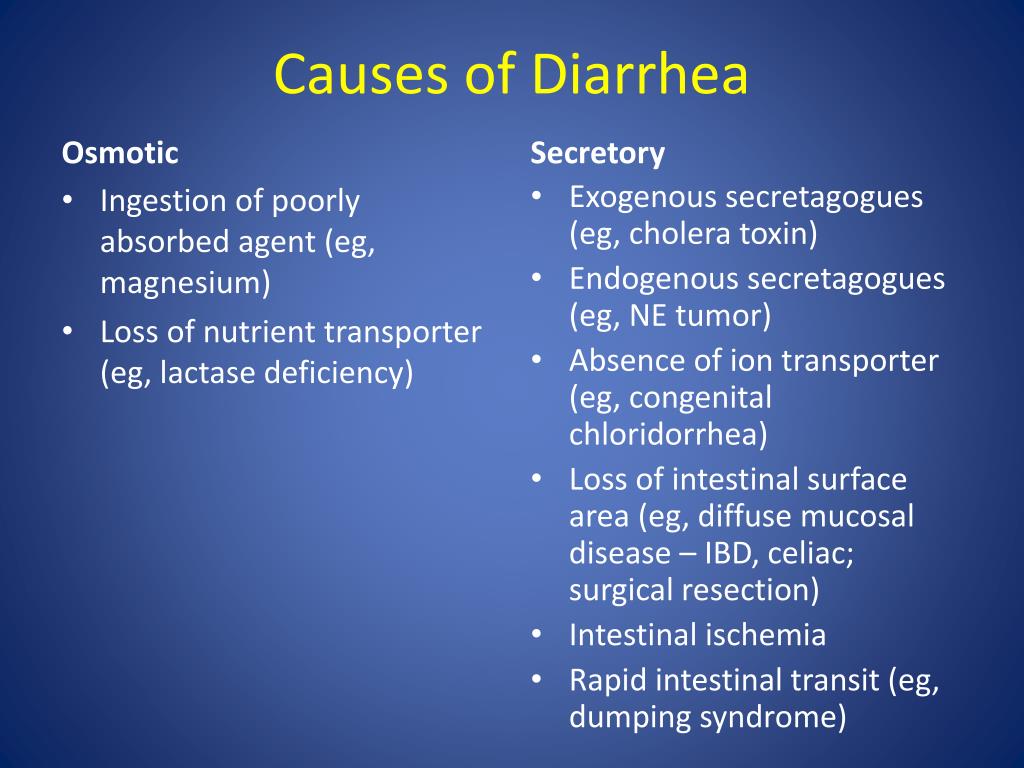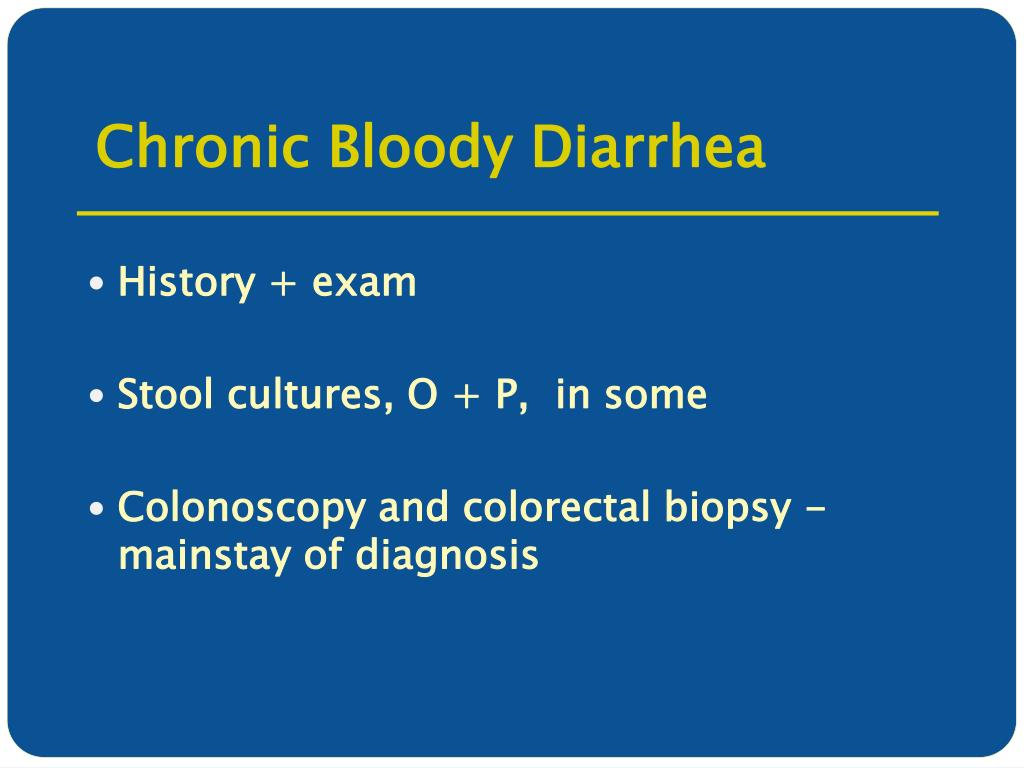

In addition to relieving symptoms, the probiotic markedly improved all dimensions of quality of life in the 34-item IBS-Quality of Life (IBS-QoL) questionnaire. Also, the number of bowel motions per day from month 2 onwards was significantly reduced in the probiotic group compared with the placebo group ( p < 0.05). The proportion of patients who rated their symptoms as moderate-to-severe was reduced from 100% at baseline to 14% for the multi-strain probiotic at follow-up (month 5) versus 48% for placebo ( p < 0.001). A 69% reduction for probiotic versus 47% for placebo ( p < 0.001) equates to a 145 point reduction on the IBS-severity scoring system (IBS-SSS).

Probiotic treatment significantly improved the severity of abdominal pain in patients with IBS-D. The change in severity and frequency of abdominal pain was the primary outcome measure.
#Nocturnal diarrhea trial#
In this double-blind trial 400 adult patients with moderate-to-severe symptomatic diarrhea-predominant IBS (IBS-D) were randomized to treatment with the multi-strain probiotic Bio-Kult® (14 different bacterial strains) or placebo for 16 weeks.

Your colon absorbs more moisture from the waste, which makes your poop harder - and harder to pass. Misfiring nerves may not contract the muscles that mix and move the stuff in your intestines, so everything slows down. This causes constipation, but you can also get alternating bouts of constipation and diarrhea, especially at night. When diabetes damages the nerves going to your stomach and intestines, they may not be able to move food through normally. It can develop at any time, but the longer you have diabetes, the more likely it is.

Nerve DamageĪbout 60% to 70% of people with diabetes have some form of nerve damage, or diabetic neuropathy. Diabetes medications, certain foods, and related illnesses can cause diarrhea, too. A speed-up or slow-down of the process in your intestines could result in diarrhea or constipation. The whole process is handled by the same part of your nervous system that controls other body functions that happen automatically, like your heartbeat and breathing.īut over time, high blood sugar can damage the tiny blood vessels and nerves in your body, including your digestive system. But it can affect your digestive tract, too.ĭigestion begins the minute you take a bite of food and ends a day or two later with a trip to the bathroom. Many people know diabetes can raise their odds of having heart disease and stroke.


 0 kommentar(er)
0 kommentar(er)
